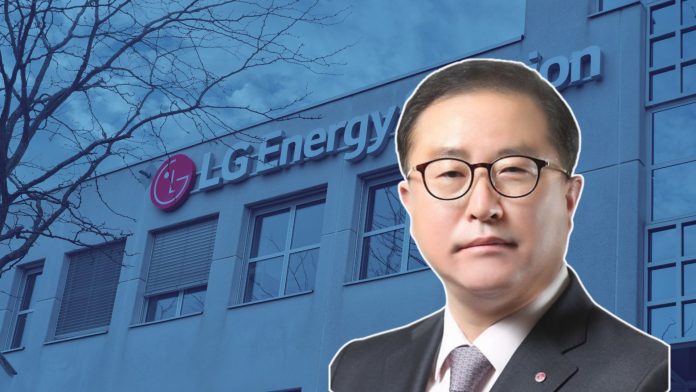LG Energy Solution reported a significant operating profit drop of nearly 40% for the third quarter, attributing the decline to sluggish demand for electric vehicles (EVs). For the three months ending September 30, the South Korean battery maker’s operating profit stood at 448.3 billion won ($323 million), slightly exceeding analyst expectations but down 39% from the previous year. Revenue also fell 16.4% to 6.9 trillion won ($5 billion), and excluding U.S. Inflation Reduction Act tax credits, the company faced a 17.7 billion won operating loss.
The decline comes as automakers worldwide scale back their electric ambitions in response to dwindling battery orders. The uncertainty surrounding the upcoming U.S. presidential election, with potential policy shifts from Donald Trump threatening current EV strategies, has added to the challenges faced by LG Energy.
CFO Lee Chang Sil noted that the intensifying competition in the global EV market, heightened by geopolitical risks and the increasing exports from Chinese manufacturers, has complicated the company’s outlook for next year.
Looking ahead, LG Energy anticipates a challenging fourth quarter, with declining average selling prices due to falling metal prices and a one-time expense from year-end inventory adjustments. The company plans to cut capital expenditures and focus on necessary investments to mitigate the impact of slowing EV demand.
Earlier this year, LG revised its outlook for U.S. EV output growth to around 20%, down from an earlier forecast of 35%, and expects European EV production growth to remain in the mid-teens.
In an effort to diversify its business and minimize the impact of reduced EV demand, LG Energy aims to more than double sales by 2028 through accelerated production in other areas, including storage systems. Following the earnings announcement, LG Energy’s shares rose by 1% in Seoul trading on Monday, marking a 27% increase during the third quarter, breaking a streak of five consecutive quarterly declines.



